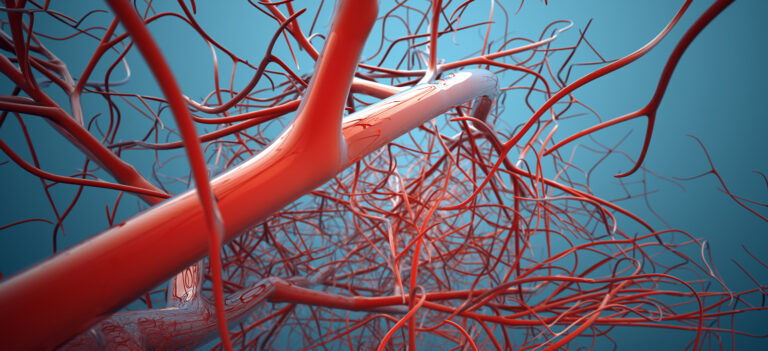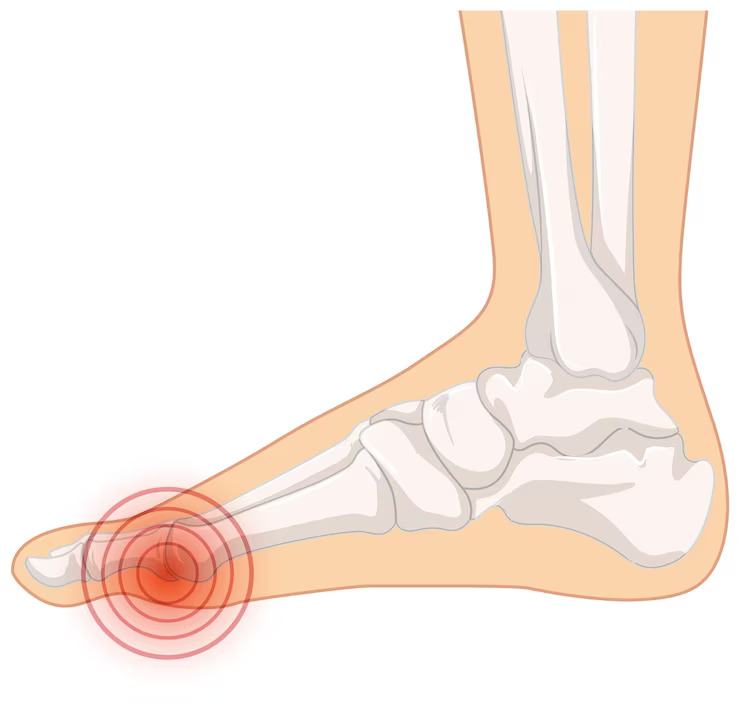Ethical Considerations In Biopsy Research And Practice
Biopsies play a critical role in modern medicine, providing clinicians with valuable insights into disease diagnosis, prognosis, and treatment planning. However, as with any medical procedure, biopsies raise ethical considerations that warrant careful attention and deliberation. From ensuring patient autonomy and informed consent to addressing issues of privacy and data sharing, ethical principles must guide the conduct of biopsy research and practice. In this article, we will explore the ethical challenges and considerations that arise in the context of biopsy research and practice, and discuss strategies for navigating these complex issues in a responsible and ethical manner.
Respect for Patient Autonomy
Central to the ethical practice of biopsy research and clinical care is the principle of respect for patient autonomy. This principle recognizes individuals’ rights to make informed decisions about their healthcare, including whether to undergo biopsy procedures and how their tissue samples will be used for research purposes. Informed consent is essential to upholding patient autonomy, requiring clinicians to provide clear and comprehensive information about the nature of the biopsy procedure, its potential risks and benefits, and the intended use of the tissue samples. Patients should have the opportunity to ask questions, express concerns, and make voluntary decisions about their participation in biopsy-related activities.
Privacy and Confidentiality
Protecting patient privacy and confidentiality is another critical ethical consideration in biopsy research and practice. Tissue samples collected during biopsies contain sensitive genetic and medical information that must be safeguarded to prevent unauthorized access or disclosure. Researchers and healthcare providers have a responsibility to implement robust data security measures, such as encryption, access controls, and de-identification techniques, to minimize the risk of privacy breaches. Additionally, patients should be informed about how their biopsy samples will be stored, analyzed, and shared, and provided with options for limiting or withdrawing consent for future research use.
Equitable Access to Biopsy Services
Ensuring equitable access to biopsy services is essential for promoting justice and fairness in healthcare delivery. However, disparities in access to biopsy procedures and related resources can arise due to factors such as socioeconomic status, geographic location, and healthcare infrastructure. Clinicians and policymakers must work to address these disparities by implementing policies and programs that promote equitable access to biopsy services for all patients, regardless of their background or circumstances. This may involve expanding healthcare coverage, improving infrastructure in underserved areas, and providing financial assistance to patients who cannot afford biopsy-related expenses.
Beneficence and Non-Maleficence
The ethical principles of beneficence and non-maleficence require clinicians and researchers to prioritize patient well-being and minimize harm in the conduct of biopsy-related activities. This includes taking steps to ensure that biopsy procedures are performed safely and effectively, with appropriate attention to patient comfort and dignity. Clinicians should carefully weigh the potential risks and benefits of biopsy procedures, taking into account factors such as patient preferences, medical history, and treatment goals. Additionally, researchers should conduct studies in accordance with rigorous scientific standards and ethical guidelines to minimize the risk of harm to participants and maximize the potential benefits of research findings.
Transparency and Accountability
Maintaining transparency and accountability is essential for building trust and confidence in biopsy research and practice. Clinicians and researchers should be transparent about their motives, methods, and potential conflicts of interest, providing patients and research participants with clear and honest information about the purposes and implications of biopsy-related activities. Additionally, healthcare institutions and research organizations should establish mechanisms for oversight and accountability to ensure that biopsy procedures are conducted ethically and in accordance with relevant regulations and guidelines. This may involve establishing institutional review boards, ethics committees, and data monitoring committees to review and approve biopsy-related protocols and monitor their implementation.
Conclusion
In conclusion, ethical considerations play a central role in biopsy research and practice, shaping how these procedures are conducted, and how tissue samples are collected, stored, and utilized for research and clinical purposes. By upholding principles such as respect for patient autonomy, privacy and confidentiality, equitable access to services, beneficence and non-maleficence, transparency, and accountability, clinicians and researchers can ensure that biopsy-related activities are conducted in a responsible and ethical manner. By navigating these complex ethical challenges with care and diligence, we can harness the full potential of biopsy research and practice to advance medical knowledge, improve patient care, and promote the well-being of individuals and communities alike.







